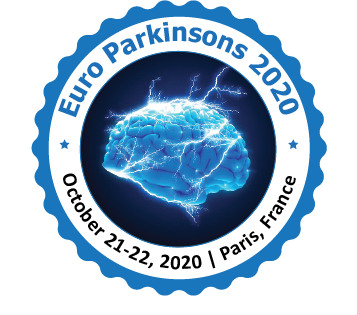6th Global Experts Meeting on Parkinsons and Movement Disorders
Paris, France
 Irad Eichler
Shekulo Tov Group, Israel
Title: Long-term employment, career development using the integrative model at Shekulo Tov Group, Israel
Biography
Biography: Â Irad Eichler
Abstract
Research shows that the extent of employment mobility among people with psychiatric disabilities is low, even though most of them want and can work. While supported employment has significantly improved competitive work outcomes throughout the world, it leads to sustained work in only 25-35% of persons with psychiatric disabilities, while most persons lose jobs within a few weeks/months after beginning them or never obtain competitive work. Shekulo Tov is a non-profit organization and a service supplier for the Israeli Ministry of Health for more than 3,000 service users. Shekulo Tov’s Integrative Unit Model represents an essential change of perception vis-à-vis vocational rehabilitation. It is a formative shift from the two sequential approaches of “train, then place” or “place then train” to a simultaneous approach of “train & place". The model’s development led to the formation of the Shekulo Tov Group which operates a number of businesses and organizations as “integrative units” based in the community, who all embedded the model. Among Shekulo Tov Group businesses: Rebooks (second-hand bookshops), Good Coffee (cafes), and God Dog (dogwalkers). The Integrative Unit Model successfully transitioned more than 25% of service users from vocational rehabilitation to open labor market placements. The Model has reduced service users’ preparative vocational training for open labor market placement from four years to 20 months. Job applicants are offered vocational rehabilitation, skills and career development, training programs and necessary preparation and support to measure their vocational progress.

